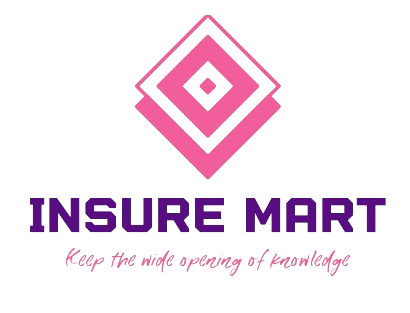In recent years, there has been a transformative shift in the landscape of mental wellness, with groundbreaking advancements in treatment paving the way for a more comprehensive and effective approach. As society becomes increasingly attuned to the importance of mental health, innovative treatments are emerging to reshape the way we address and manage mental well-being. One notable advancement is the integration of technology into mental health treatment. Telehealth platforms and mobile applications are democratizing access to mental health care, allowing individuals to connect with therapists and counselors from the comfort of their homes. This accessibility not only reduces barriers to seeking help but also normalizes the idea that mental health care is an essential and routine part of overall well-being. Furthermore, the field of psychotherapy has evolved with the introduction of evidence-based modalities that target specific mental health issues. Cognitive-behavioral therapy CBT, dialectical behavior therapy DBT, and mindfulness-based interventions are gaining prominence for their efficacy in treating conditions such as anxiety, depression, and personality disorders.

These therapeutic approaches empower individuals with practical tools to manage their thoughts, emotions, and behaviors, fostering long-term resilience. Book Today In the realm of pharmacotherapy, precision medicine is revolutionizing the treatment of mental health disorders. Tailoring medications based on an individual’s genetic makeup and unique neurobiology allows for more personalized and targeted interventions. This approach minimizes the trial-and-error often associated with finding the right medication, optimizing treatment outcomes while minimizing side effects. Additionally, the holistic integration of complementary and alternative therapies is gaining recognition in mental health care. Practices such as yoga, meditation, and acupuncture are increasingly incorporated into treatment plan to enhance overall well-being. These approaches recognize the interconnectedness of the mind and body, promoting a more holistic understanding of mental health. Neurostimulation techniques have also emerged as promising tools in reshaping mental wellness.
Transcranial magnetic stimulation TMS and electroconvulsive therapy ECT are being used to modulate neural activity and alleviate symptoms in individuals with treatment-resistant depression and other severe mental health conditions. These interventions offer new avenues of hope for those who have not responded to traditional treatments. Moreover, a growing emphasis on preventive mental health care is changing the paradigm from reactive to proactive approaches. Public health campaigns and educational initiatives aim to destigmatize mental health issues, encouraging early intervention and fostering a culture of mental wellness. By promoting mental health literacy and resilience-building strategies, society is moving towards a future where mental well-being is prioritized and actively nurtured. Advancements in mental health treatment are shaping a more nuanced and holistic approach to well-being. From the integration of technology and evidence-based therapies to precision medicine and neurostimulation techniques, the evolving landscape of mental health care holds the promise of a brighter and more inclusive future.
